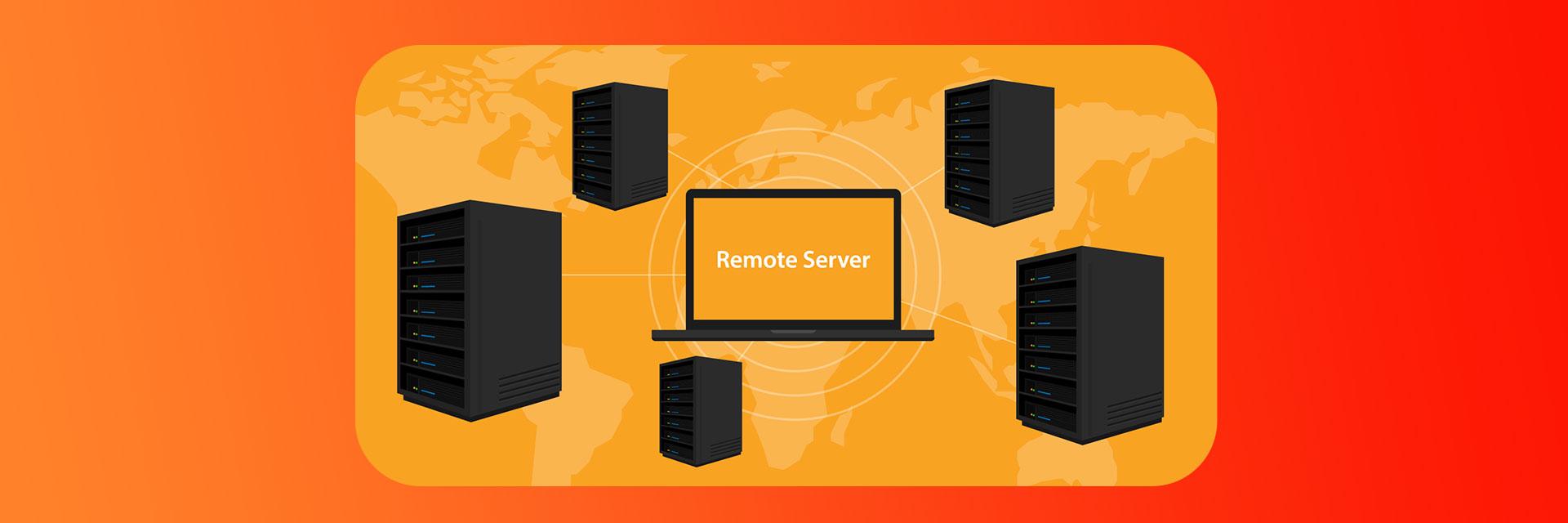How can server solutions in Qatar improve business data security?

Introduction
Strong data security starts with the right foundation. For many companies in Qatar that foundation is the server layer. Modern Server Solutions protect data while keeping systems fast and available. With clear controls and steady monitoring they reduce risk and give teams the confidence to grow.
What secure Server Solutions include
Secure setups blend hardware, software and process. They use hardened operating systems, controlled access, encrypted storage and network rules that separate sensitive traffic from public services. Good solutions also include backups, monitoring and a clear incident plan. Every section contributes to the protection of data.
Protecting data in transit and at rest
Data should be unintelligible to outsiders whether it moves or rests in situ. Use TLS for every connection between apps, users and databases. Replace old ciphers and keep certificates current. For data at rest choose full disk or volume level encryption with keys stored in a safe vault. In Qatar’s finance and healthcare sectors this step is often a baseline expectation and it prevents leaks if hardware is lost or stolen.
Tight access control and identity
Most breaches start with a weak or shared account. Server Solutions should enforce single sign on where possible, multi factor authentication for admins and role based access for everyone. Give each engineer a named account and log every action. Use short lived credentials for automation and rotate secrets often. These habits limit blast radius if a password is exposed.
Network segmentation and firewalls
Flat networks make it easy for an attacker to move around. Segment workloads into zones. Establish databases on a local network without internet direct access. Keep admin ports closed and reachable only through a bastion host or VPN with stringent regulations. To prevent well-known attacks including SQL injection and cross-site scripting, employ web application firewalls up front public programs. In multi branch setups across Doha, Lusail and Al Wakrah, segmentation also improves performance by reducing noisy traffic.
Backups and disaster recovery
Security is not only about stopping attacks. It is also about recovery. Follow the 3 2 1 rule for backups. Keep three copies on two types of media with one off site. Test restores on a schedule and record the results. Critical systems construct replication across regional data centers or areas. A tested runbook and clean backups can turn ransomware or accidental deletion into a short blackout from catastrophe.
Continuous monitoring and fast response
You cannot protect what you do not see. Centralize logs from servers, apps and network gear. Set alerts for failed logins, privilege changes, unusual traffic and spikes in errors. Use simple dashboards that on call staff can read at a glance. When something looks wrong, an incident guide should define who leads, how to isolate hosts and when to notify stakeholders. In regulated sectors in Qatar, quick and documented response also supports compliance reports.
Patching and baseline hardening
Old software is a welcome mat for attackers. Keep operating systems and packages updated on a routine that balances risk and uptime. Use maintenance windows and staged rollouts. Harden the baseline by disabling unused services, enforcing secure SSH settings and applying file integrity checks. Bake these rules into images so every new server starts secure.
Data residency and compliance in Qatar
Some data must stay within specific boundaries. Work with providers that offer regional hosting and clear data residency guarantees. Store logs and backups in locations that meet your policy. Align controls with rules from central authorities, industry bodies and major partners. Document what you do in plain language. Clear records help during audits and build trust with clients who ask where their data lives.
Cloud, colocation or on premises
Each option can be secure if managed well. Public cloud offers managed firewalls, key vaults and automated scaling, which helps small teams. Colocation gives hardware control with professional facilities. On premises offers full ownership for sites with special needs. Many firms in Qatar choose a hybrid approach. Keep sensitive databases in a private zone and run web front ends in cloud for scale. The key is one security model across all places so policies stay consistent.
People and process matter
Tools do not replace training. Run simple drills on phishing, lost devices and unusual logins. Limit admin rights on daily laptops. Use change requests for risky updates and require peer review for firewall edits. When teams follow clear steps, mistakes drop and investigations run faster.
Conclusion
Server Solutions give businesses in Qatar a secure base for daily work. They encrypt data, control access, segment networks and provide clean backups. Through consistent patching and cautious monitoring they lower the likelihood of problems and expedite recuperation if anything arises. Arranging these components preserves your data, keeps your services running, and lets your team concentrate on serving clients.

